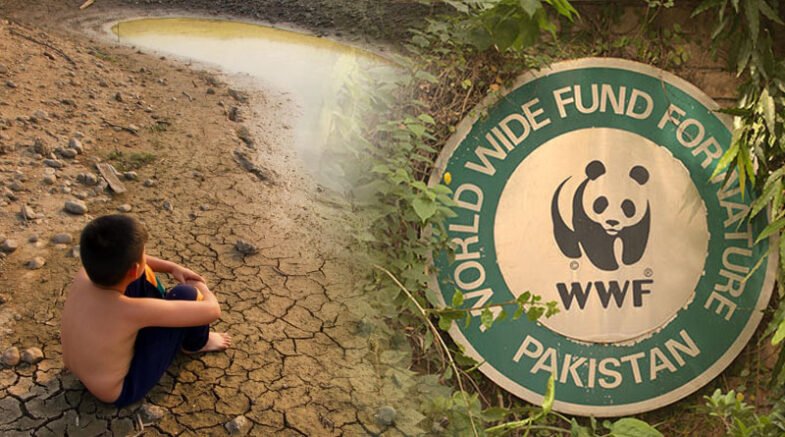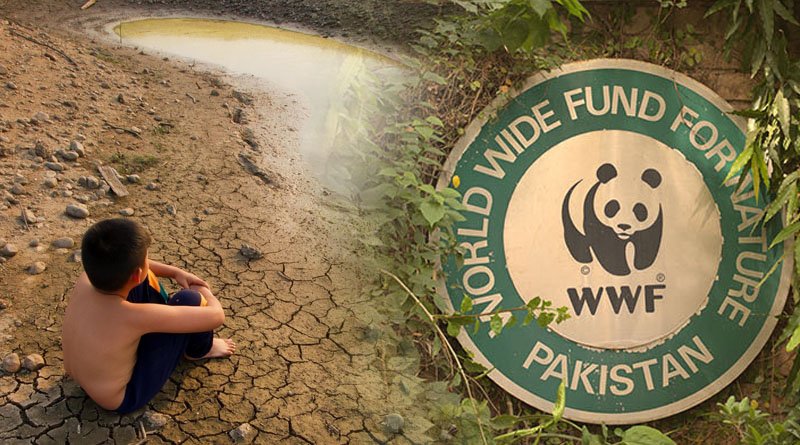The workshop’s main objective was to demonstrate how well the province’s climate-related education, training, and public awareness programs were being implemented.

The local hotel hosted a workshop on climate change education, training, and public awareness on Thursday that was organized by WWF-Pakistan and the Ministry of Climate Change.
The workshop’s main objective was to demonstrate how well the province’s climate-related education, training, and public awareness programs were being implemented. concentrating in particular on determining the degree to which said activities are in alignment with the policy measures listed in Pakistan’s 2021 National Climate Change Policy.
The planned interactive working group session resulted in the formulation of critical pathways for the improvement of education, training, and public awareness in Balochistan that are region-specific.
Dr. Masood Arshad, Senior Director Footprint, WWF-Pakistan, provided the workshop’s opening remarks. Dr. Shafiq-ur-Rehman, vice chancellor of the University of Balochistan, provided workshop participants with an update on the state of education, training, and public awareness of climate change in Balochistan.
Fatima Khan from WWF-Pakistan presented the organisation’s extensive experience in developing and disseminating climate education, training, and awareness programmes as a case study. Mushaal Mullick urged Pakistan to approach the ICJ regarding the unlawful detention of Kashmiri leadership and human rights abuses in IIOJK.
Participants from relevant government agencies, including EPA-Balochistan, the department of Planning and Development, the Provincial Disaster Management Authority, Public Health, NGOs/CBOs, think tanks, academia, the corporate sector, and media personnel, attended the one-day event.
According to Balochistan’s Secretary of Information, Hamza Shafqaat, climate change has become a reality over the last few years.
The federal and provincial governments had to take a significant part in the fight against it. “Projects on water treatment and sewage plants are good initiatives in PSDP schemes in Balochistan, if we look at the positive side,” he said. Similar to this, Sabzal Road’s alignment was modified to protect trees. I therefore have high hopes that we can combat climate change as a team.
In order to address the escalating environmental and conservation problems in Pakistan that not only affected the biodiversity but also the human population, WWF-Pakistan was established in 1970. A nonprofit organization called WWF-Pakistan works to protect, conserve, and save our environment and natural resources.
Today, WWF-Pakistan employs close to 300 devoted employees across 32 offices. It has project offices wherever there is a need and the potential to make a difference, with its head office in Lahore and five regional offices in the country’s major cities.
